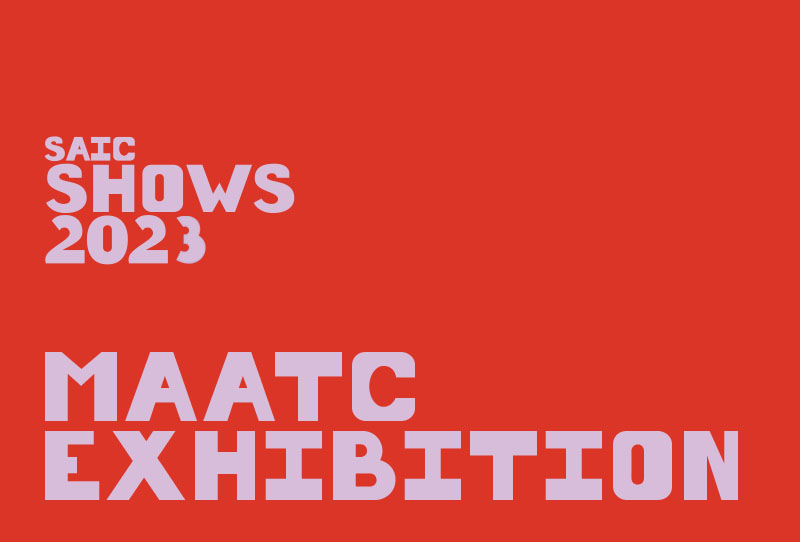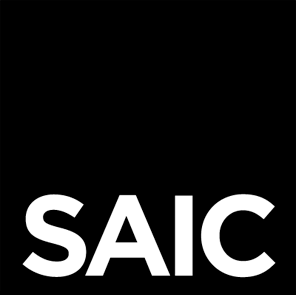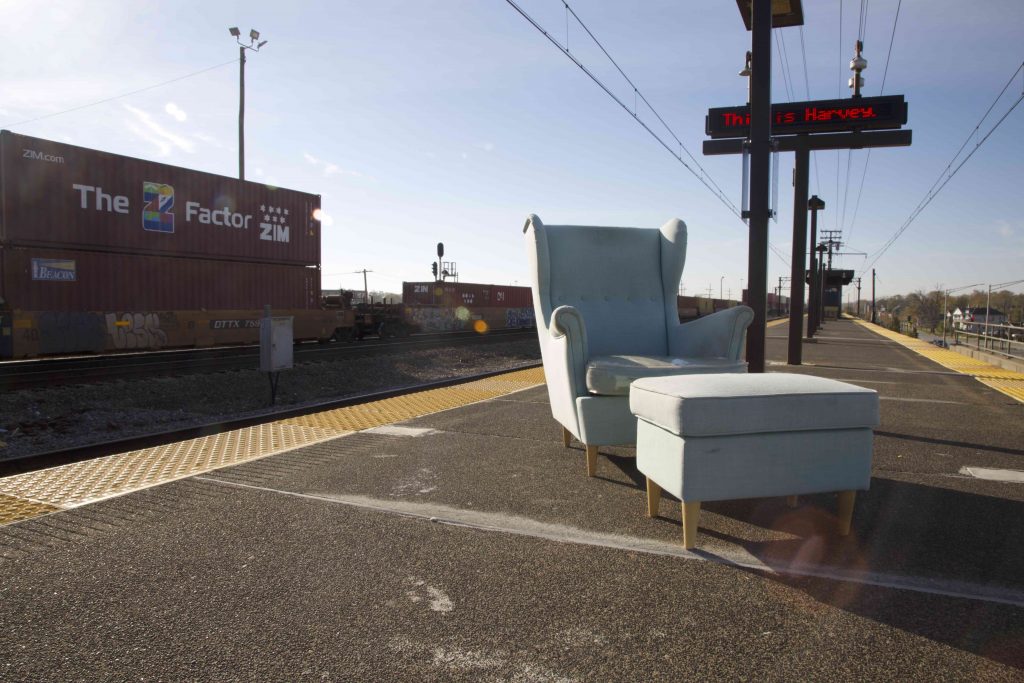Rebba Amaris Moore is a writer with a relational practice working towards clinical licensure as a psychotherapist. She holds a Master of Political Science from the University of Chicago. She has built upon foundations in socio-political psychology and social science research to pursue clinical licensure as a therapist at the School of the Art Institute of Chicago Department of Art Therapy & Counseling. Rebba has used her time at the School of the Arts Institute of Chicago to develop an independent praxis informed by philosophical psychopathology and feminist-cultural relational theory. In 2021-2022 she completed a clinical internship as a child and family therapist with the Children’s Research Triangle. She currently works as a Group Facilitator with Social Services at UChicago Ingalls Memorial Hospital Behavioral Health Department at Harvey as she completes her final practicum with the Kedzie Center.
I acknowledge a contradiction, or lack of continuity in my writing, between realities and shared reality. In my early twenties, I walked a delicate line between fiction and science, uncertain of how to master the art of opinion.
Rather than deny the integration of self through narrative, I believed I could confront my humanity by claiming an artist’s identity. My fascination moved towards the dualities that ground science from fantasy, mythology from authenticity, and, most exasperating — reality from distortion. When denied the assertion of validity, new empiricism emerges from pluralistic and post-paradigmatic practice — fleeing and returning to lodge itself indiscreetly between delineated white walls and performative gates to imagine rhizomatic emergence as movement between the respective domains of interdisciplinarity and its subsequent formation of frontiers through the embrace of the void. Ignited by a call to culturalize bio-psychiatry, my work investigates the geographies of care and discipline that produce symptomatic expressions related to emotional dysregulation.
Leaving the phallus of masturbatory pontification, I find solace in feminists’ strength. If we are all hypocrites, this project invited an opportunity to rethink relational aesthetics at the therapeutic borderline of contemporary art and art therapy, public and confidential action. My identities exist indiscreetly compartmentalized from one another as discrete yet harmoniously-congruent writing practices leading to different realized forms. Central to this project are overlapping objectives from the split interdisciplinary poles of a shared ego – a writer’s inquiry into reality testing, a researcher’s embrace of the ethnographic method, and the integrated insights of an emerging therapist. Moving between the psychosomatic life of play as an observant clinical intern and the artist’s participatory engagement of phenomenological experience, I have established a multi-dimensional yet compartmentalized definition of “practice-based” that revolves around outcomes-oriented research in the geographic domain of clinical research. Practice-based research as mental health practitioners and counselors is driven by a question of evaluative efficacy, where the practice-based method of flexible artists’ identity can triangulate the domains of professional practice and scholarship to hold the full development of the individual expansively. Though I do not identify as an “artist,” I find solace as a writer with a relational practice – art is embraced as an intersubjective therapeutic exercise and tedious professional development, prioritizing dematerialized forms. I offer no disclaimer for this exhibition and only clarify its intention to subvert the exogenous introjection of a linear form onto coherence. Moving from conceptual inquiry to exhibition preserves the art of meaning-making from the constraints of western scientism and the impoverished rationalism interpenetrated by the polis of consumer-demanded commercialism.
Note 1122 to Harvey, with care, departs from the sensitivities of one mind to a relational venture. This project extends an invitation into a co-performative space of affective release to understand the psychic demand of suppression and affective containment. I attempt to create a relational engagement from the politics of reception to reexamine constricted affect and the force of its regulation. The generative score re-materializes as a video installation with found and reassembled material to probe observational gaze and the viewer’s position. This is a structured improvisation, embodied insights, and researched experimentation in a constant flux of development — the trial of doing. As the facilitator, I noticed the amusement of participants engaging with tactile materials and recycled packaging ruptured under pressure.


